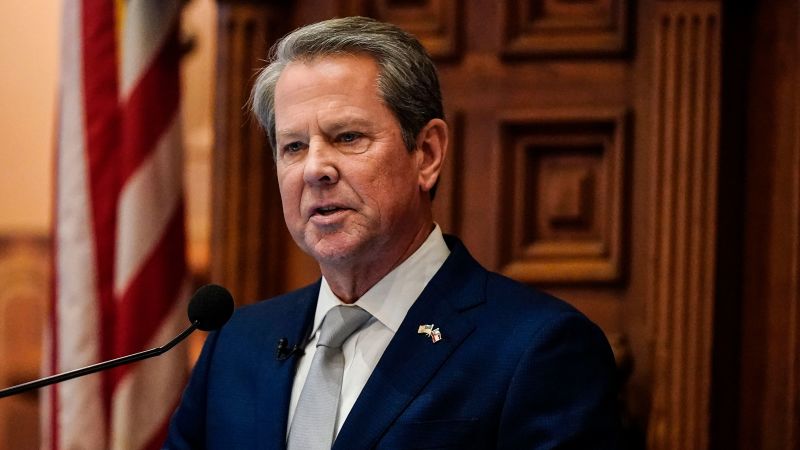Governor Kemp Delivers Stern Warning: No Mercy for Those Who Threaten Law Enforcement

Georgia's Republican Governor Brian Kemp has strongly condemned President Donald Trump's sweeping plan to pardon the January 6th Capitol rioters, expressing particular outrage over potential pardons for those who violently assaulted law enforcement officers during the insurrection.
In a bold stance that breaks from typical party loyalty, Kemp criticized the proposed blanket pardons as an affront to the rule of law and a disrespectful dismissal of the violence that shocked the nation. The governor's comments highlight the deep divisions within the Republican Party regarding the events of that fateful day.
The potential pardons would cover individuals who participated in the violent uprising at the U.S. Capitol, including those who were documented attacking police officers, causing significant injuries and creating a scene of unprecedented chaos in the heart of American democracy.
Kemp's criticism underscores the serious nature of the January 6th riots and the importance of holding those responsible accountable for their actions, regardless of political affiliations or connections.

